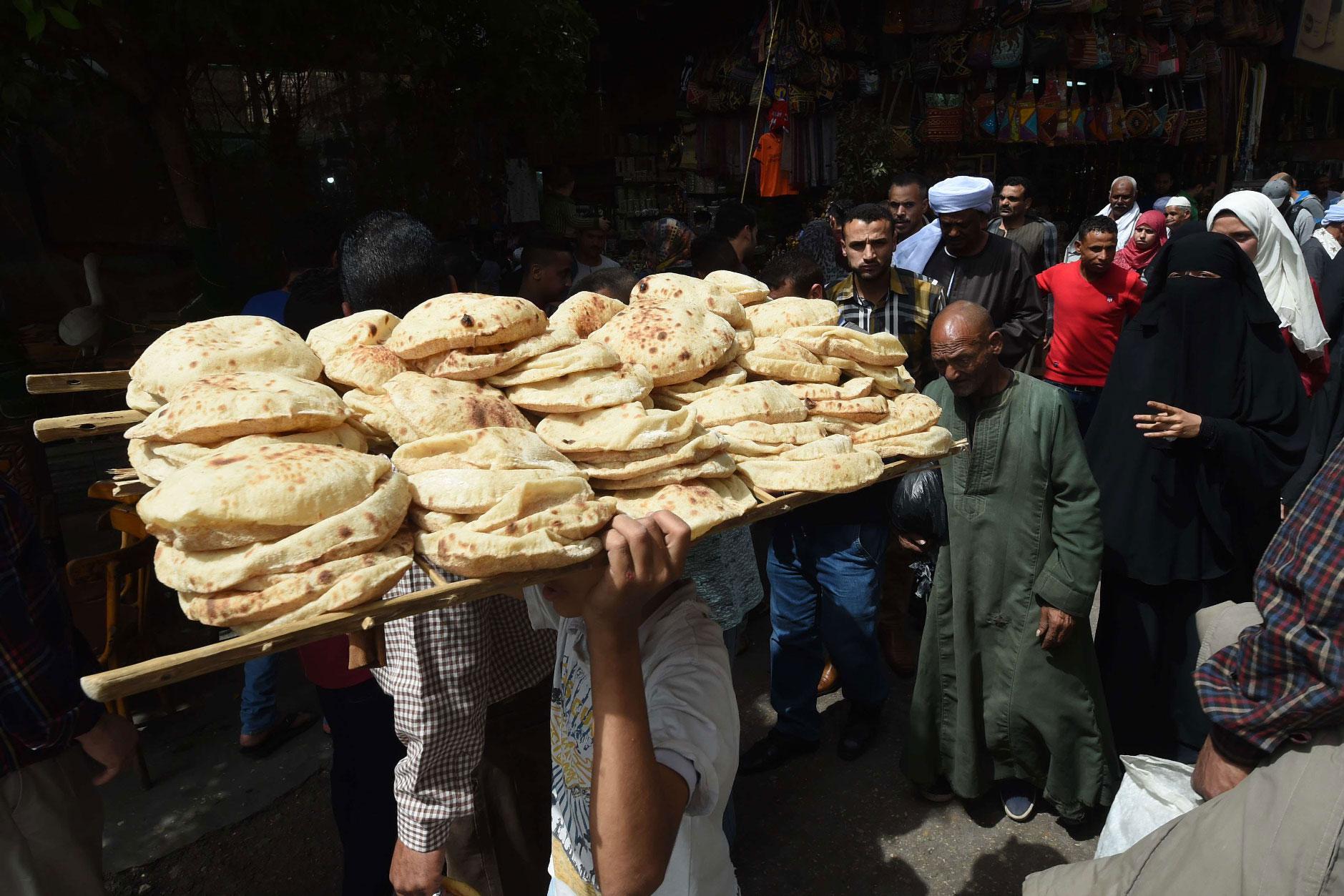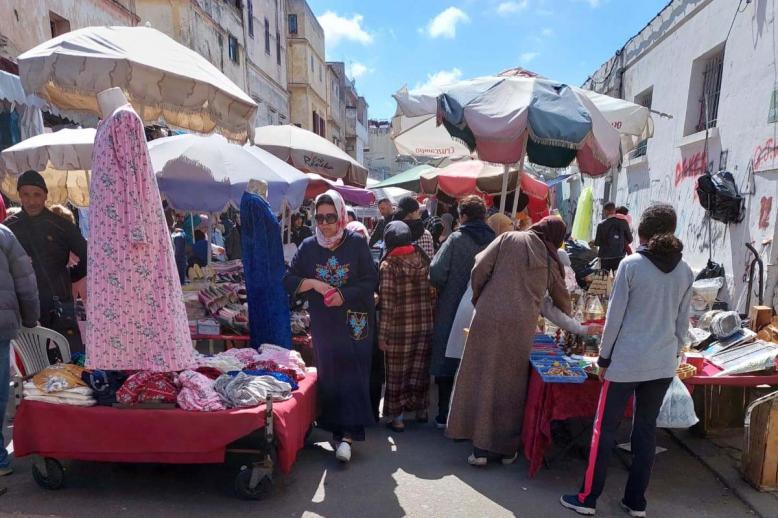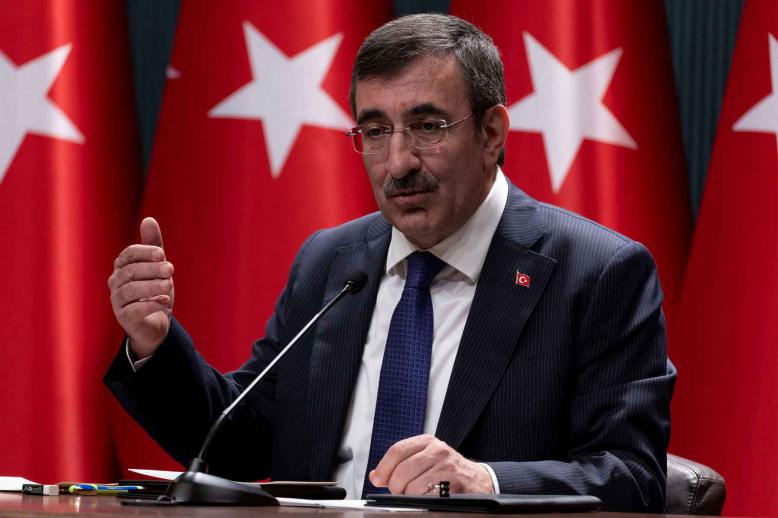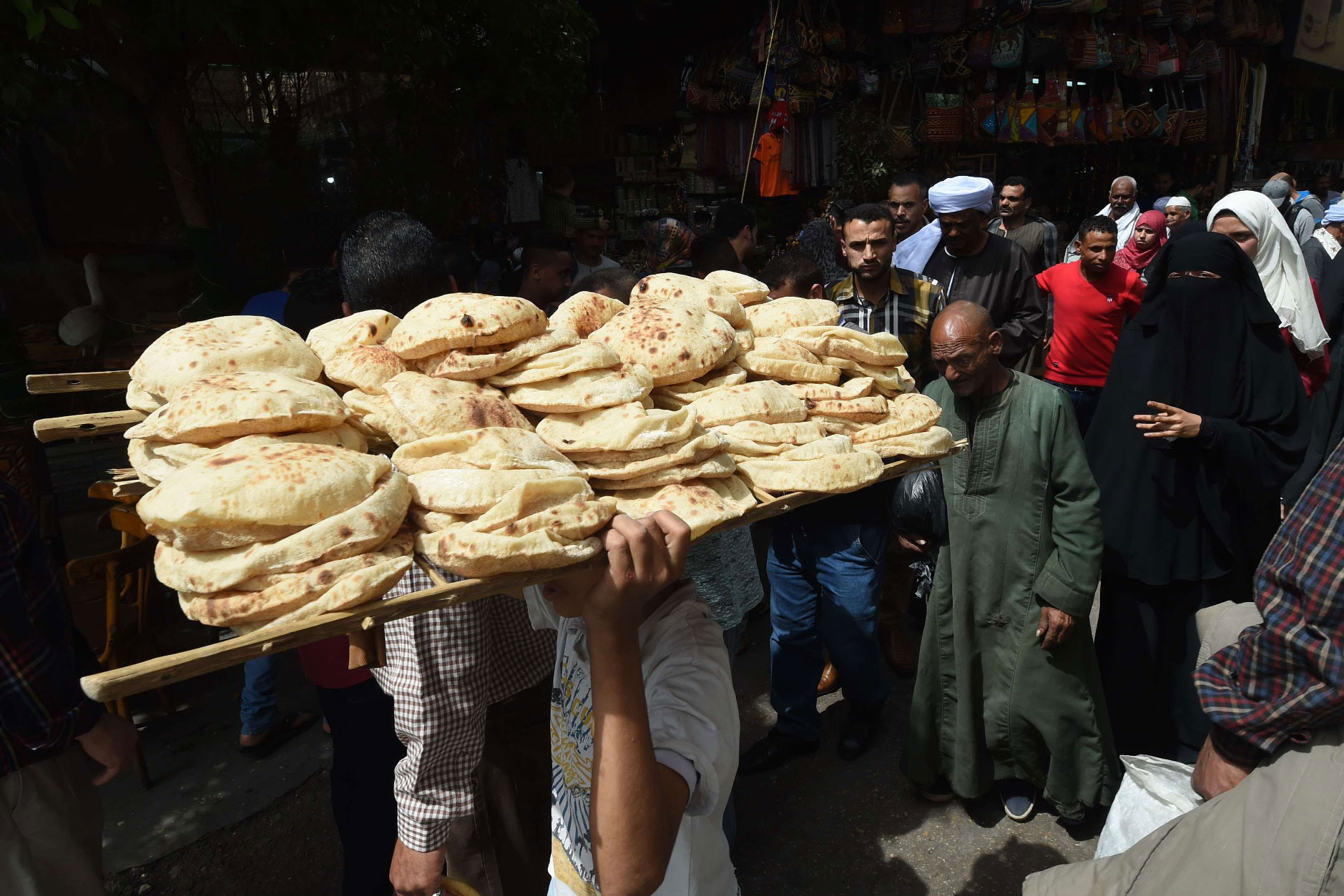In Egypt, festive Ramadan spirit overshadowed by high food prices

CAIRO - Preparations for Ramadan in Egypt have been clouded by commodity price hikes and economic uncertainty, eclipsing the traditional festive spirit that encompasses the holy month.
Millions of poor and limited income Egyptians have found themselves incapable of joining in the traditional Ramadan spirit over fears of how they would afford to meet their basic needs.
“Who will buy anything at these prices?” asked Huweida Mohamed, a civil servant in her early fifties. “Food prices are far higher than the abilities of everybody to buy.”
Ramadan is a special time in Egypt, a country with rich cultural and religious traditions in connection with the month. The nation’s more than 140,000 mosques make special preparations for the month by holding extended after-dusk prayers and recitations of the Quran.
Egyptian children prepare for the month by decorating the streets and adorning their homes with colourful Ramadan lanterns.
In the markets, traders parade all types of dried fruits and nuts in preparation for the shopping spree that usually accompanies the month as people host large iftar banquets at their homes. This year, some of the dried fruits and dates were named after national celebrities, with the most expensive of them being named after Egyptian footballer Mohamed Salah.
The traders are exhibiting their wares, but few are buying.
“This should be the most active time of the year because people should be preparing for Ramadan by stoking up on amounts of food,” said Ahmed Sobhi, who owns a small supermarket in southern Cairo. “Nobody is, however, buying anything and it is all because of the rise in commodity prices.”
Some commodity prices have almost doubled from last year, which economists attribute to the ongoing fallout of a late 2016 decision by Egyptian monetary authorities to float the Egyptian pound against foreign currencies.
The flotation, which is part of a national package of economic and monetary reforms, caused the national currency to lose more than half of its value and consequently result in a massive rise in commodity prices.
“The rise in commodity prices is, in fact, unprecedented and, with this rise, there must be suffering in a country where poverty is rampant,” said Mukhtar al-Sherif, an economics professor at Mansoura University. “Consumers need to ration their consumption to prevent the prices from rising even more.”
Rationing consumption has become a necessity for millions of Egyptians, including Huweida Mohamed. She said she was promised a work bonus of $28 ahead of Ramadan to fund needs during the holy month, but it has yet to materialise. Her husband, also a civil servant, has scrimped and saved for months in order to be able to finance their Ramadan.
“We bought a kilo of dried dates and a kilo of beef,” Mohamed, who has one child, said. “We will buy other needs when we get the bonus.”
The authorities have sought to control runaway food and commodity prices by organising food fairs in most provinces where traders sell commodities at a small profit margin.
The fairs, which contain all types of cooking oils, meats, poultry, fish, rice, dry pasta and dairy products, attracted hundreds of thousands of people hunting for discounts.
Bakers who make traditional Ramadan desserts such as the shredded phyllo pastry known as Knafeh and the pancakes known as Qatayef have been spreading out their primitive equipment on the streets and baking the dough, watering the mouths of passers-by.
On the streets, colourful Ramadan paper decorations flutter in the air, enriching the spirit of the fasting month, even if Egyptians, like retired nurse Hend Sayed, are facing tough economic conditions.
She said high food prices mean she would have to take a day-by-day decision on what she can and can’t afford to meet the iftar needs of her husband and three children.
“I go to the market every day, but food prices are always higher than I can afford,” Sayed said. “I drop one more basic item every day, but I do not know whether anything will be left for me to put on the table for the children in the future.”






